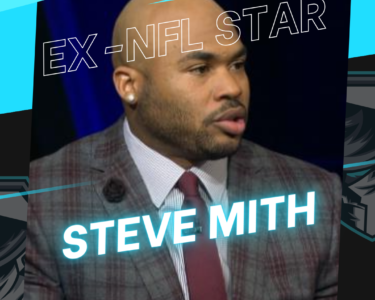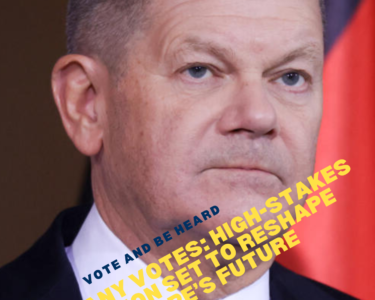The battle for executive authority has reached a boiling point as President Donald Trump’s bid to reshape the federal government lands at the Supreme Court. In an unprecedented legal challenge, Trump has asked the high court to grant him unrestricted power to remove independent agency heads, igniting a debate over presidential authority that could redefine the structure of American governance. With a conservative-majority bench poised to weigh in, the ruling could dismantle long-standing protections shielding federal watchdogs from political influence, setting the stage for one of the most consequential constitutional rulings in modern history.
At the center of this legal storm is Hampton Dellinger, the head of the Office of Special Counsel (OSC), an agency dedicated to protecting whistleblowers and ensuring ethical conduct within federal institutions. Dellinger, appointed by President Joe Biden for a five-year term, was abruptly dismissed by a one-sentence email from the Trump administration. The email failed to cite any of the legally mandated reasons for removal, sparking a fierce legal battle over the limits of presidential power. A federal judge swiftly issued a temporary restraining order, allowing Dellinger to remain in his position while the case unfolds, a move that the Trump administration has aggressively appealed.
This case resurrects a decades-old legal precedent established in Humphrey’s Executor v. United States (1935), which ruled that Congress could limit a president’s power to fire heads of independent agencies without cause. However, the Supreme Court has been chipping away at this principle in recent years, notably in a 2020 ruling that struck down similar job protections for the director of the Consumer Financial Protection Bureau. Now, as Trump moves to solidify his grip over federal agencies, legal experts anticipate that the court’s conservative justices may finally dismantle these restrictions, granting the White House unprecedented control over regulatory bodies.
Trump’s case before the Supreme Court is not just about Dellinger’s dismissal—it’s a broader attempt to assert presidential supremacy over the sprawling federal bureaucracy. In recent weeks, Trump has ramped up his efforts to purge agency heads and inspectors general, dismissing thousands of federal employees and reorganizing departments under his direct oversight. The administration’s legal team argues that such removals are essential to maintaining an “energetic executive,” a principle Chief Justice John Roberts emphasized in past rulings that expanded presidential authority. Critics, however, warn that such unchecked power could erode the independence of agencies designed to provide oversight and accountability within the government.
The political stakes surrounding the case are immense. If the Supreme Court sides with Trump, it could open the floodgates for the dismantling of independent agencies like the Federal Trade Commission, the Federal Reserve, and the National Labor Relations Board. Many of these agencies have been instrumental in enforcing laws that protect consumers, workers, and financial markets. Congressional leaders, particularly Democrats, have condemned Trump’s push as a dangerous overreach, arguing that it threatens the foundational checks and balances envisioned by the framers of the Constitution.
The Supreme Court’s decision will also set a precedent for future presidents. If Trump’s arguments prevail, successors in the White House—regardless of party affiliation—would gain sweeping authority to remove any agency head at will, effectively politicizing independent institutions that were designed to function beyond the reach of partisan influence. Such a shift would mark one of the most dramatic expansions of executive power in U.S. history, reshaping the nature of federal governance for generations to come.
As the nation awaits the Supreme Court’s ruling, the broader implications of this case extend far beyond Washington’s power corridors. The battle over executive authority is not merely a legal dispute; it is a defining moment for American democracy. The court’s decision will determine whether presidents can wield unchecked power over regulatory agencies or whether the system of independent oversight will endure in the face of growing political pressure. With Trump’s second term already marked by sweeping executive actions and legal battles, this case could be the first of many high-stakes confrontations between the president and the judiciary.
The Supreme Court is expected to issue its ruling in the coming days, a decision that could reshape the balance of power in the federal government and set a precedent for the future of executive authority. Until then, all eyes remain on the justices, as they prepare to render a verdict that will echo through the annals of American history.



